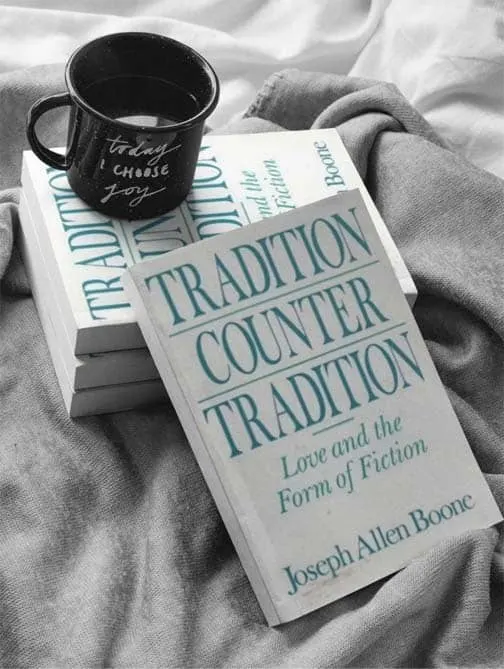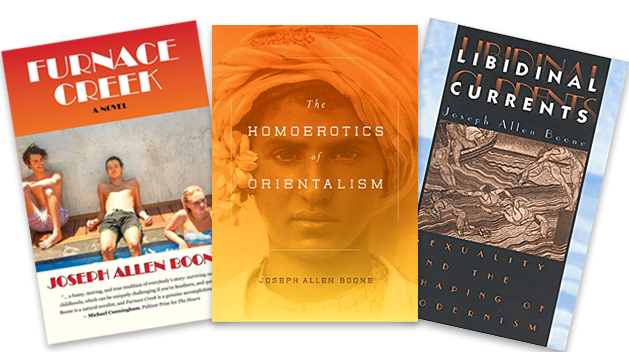
One of the most important issues in literary studies concerns the relation of social ideology to literary form. Tradition Counter Tradition enters into this arena by focusing on the role that the myth of romantic marriage and its attendant ideologies of gender have played in the evolution of the Anglo-American novel over the past three centuries.
Combining an array of historical and theoretical perspectives, the opening chapters demonstrate how the marriage tradition’s structural paradigms of courtship, seduction and wedlock interlock to form a code of formal rules that promote the myth of sexual hierarchy as the basis of social and fictional order.
Following chapters argue for the covert but powerful presence of a “counter tradition” that has systematically undermined the ideological constraints of the love-plot throughout the novel’s history and concurrently challenged the cultural and literary ideal of “happy endings”: the open-ended narrative of uneasy wedlock; the American male quest romance; the non-linear text of the all-female community. The result is compelling reinterpretation of the Anglo-American novel that shifts our ways of thinking about gender and the structure of fiction itself.
EXCERPTS FROM
REVIEWS/ENDORSEMENTS
“A magisterial analysis of the marriage plot’s role in the shaping of British and American fiction over the past three centuries. Elegantly written, encyclopedic in scope, and scrupulously attentive to historical and textual detail, Tradition Counter Tradition will have a lasting place in literary histories of the novel.”
—Elizabeth Abel, Rev. In Novel
“A superb and important book, provocative and persuasive. . . I rejoice in a book by a male critic drawing on his own situation and experience for the authority with which he writes about gender.”
—Margaret Homans, Yale University
“A very ambitious piece of work, and Boone carries it off with great brio . . . exemplary of a new critical mode.”
—Peter Brooks, Yale University
“An enlightened, and enlightening, piece of work.”
—Margaret Homans, Yale University
“Brilliant and far-reaching. Boone joins (by conjoining) Ian Watt and Wayne Booth as a leading theoretician of the novel.”
—Evelyn J. Hinz, YRev. In Nineteenth-Century Literature


